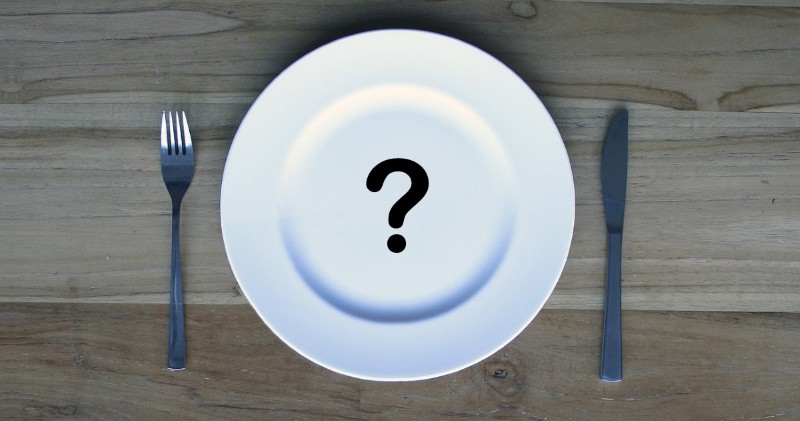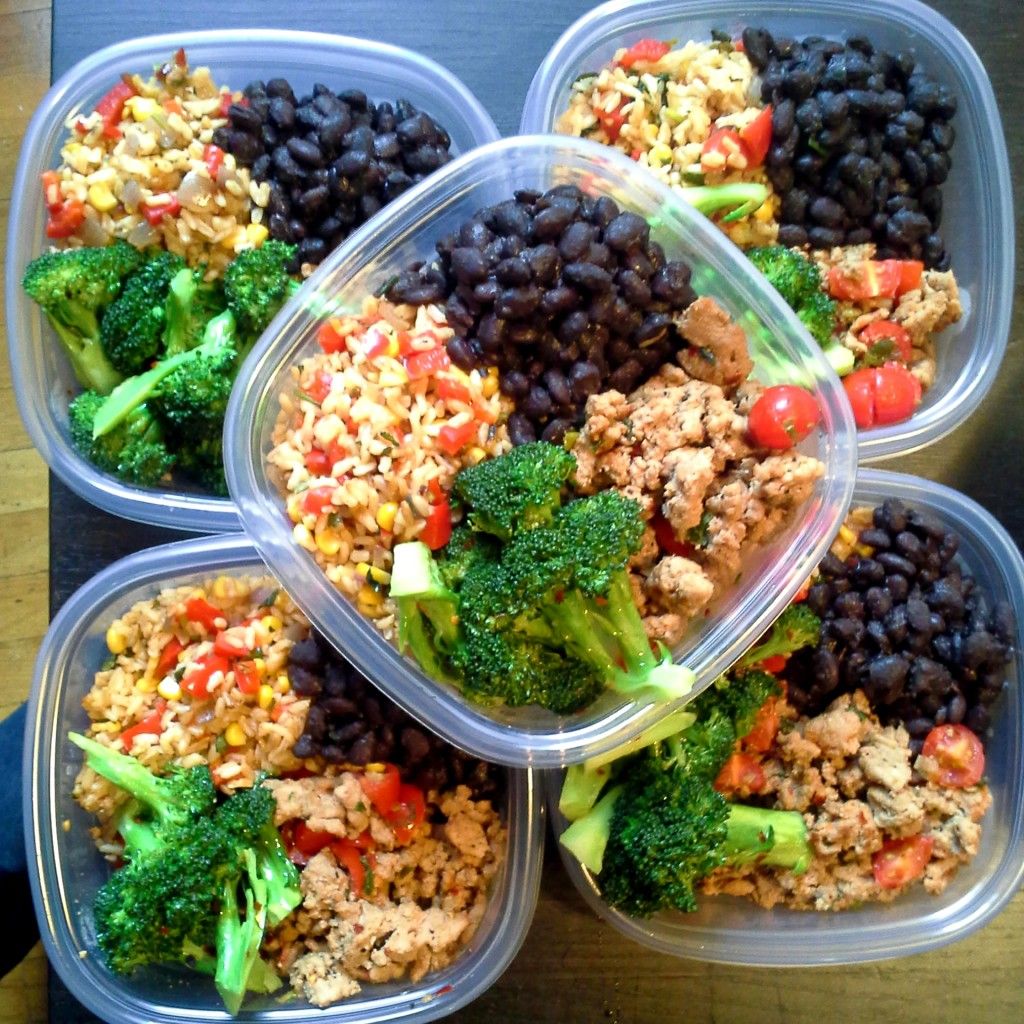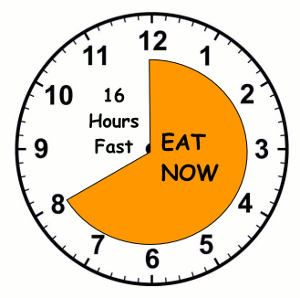
When you’re starting a new diet program, there are a few crucial things you should keep in mind.
You need to adjust it to your personal needs, your goals, your workout schedule, and your daily routine.
It can be challenging to fulfill every single demand, but they are necessary if you want your diet to succeed. Intermittent fasting is a way of dieting that offers you a wide range of benefits.
Most of them are revolving around weight loss. It has a specific pattern that allows you to cycle between two different periods – eating and fasting.
Unlike the other diets, this one doesn’t restrict you when it comes to your food choices.
It only says when you should eat food.
.
Therefore, we can say that it’s about time-restricted eating.
However, you will eat normally and won’t be in a starvation mood. Standard methods of this eating pattern involve fasting for 16 hours each day followed by an 8hour eating window.
However, some people incorporate 24-hour fasting two times per week. Others choose the Warrior diet which requires 18/20 hours of fasting. Nonetheless, no matter what approach you pick, your body will experience various changes. Some of them are boosted growth hormone, lower insulin, and enhanced recovery period.
Let’s see what food you should concentrate on to achieve the most out of this diet before you get started.
What Foods to Eat While Fasting?
Fat loss is deeply connected with the imbalance between your consumed and outputted calories.
Therefore, to burn fat, you should intake fewer calories than what you expend throughout the day.
Since intermittent fasting facilitates eating less, it’s often used as a weight-loss tool.
If your primary goal is to lose weight, the only thing you should focus on is being in a caloric restriction, a so-called deficit.
It’s not important what foods or drinks you consume, make sure that you fit your meals into your eating window.
On the other hand, if you want to preserve good health or improve it, then try to avoid processed food and focus on natural, nutritious meals.
If you pick this eating pattern to achieve better overall health, then you should think about what you put on your plate.
Try to introduce to your diet the following foods as much as you can:
- Vegetables,
- Fruits,
- Lean meats,
- Eggs,
- Coconut oil,
- Fish,
- Nuts and seeds.
According to the study published in the Annual review of nutrition, intermittent fasting affects your metabolic rate positively and promotes weight loss.
.
What Can You Drink When You are Fasting?
Before you start fasting, know that one of the most important things is to stay hydrated.
Choose clear liquids such as:
- Water,
- Freshly squeezed juices,
- Green tea,
- Lemonade,
- Coffee.
Again, your allowed drinking list will differ and depend on your goal.
Your diet may allow you to include a protein shake, milk, yogurt, or smoothies as a replacement for other drinks.
Some of the pre-mentioned drinks may keep you full for an extended period, such as protein shakes and smoothies. They don’t have to be expensive, either. By comparing prices, you can save money when you buy branded products such as Optimum Nutrition protein.
Nonetheless, the fuller you are, the easier it will be for you to enjoy your diet and fast the day.
.
Can You Chew Gum During Intermittent Fasting?
If you’re not chewing sugar-free gum, it will probably contain calories. They vary from about 10 to 15 calories per piece.
However, even sugar-free gums have calories. They are very low, around 2-5.
They mostly come from carbohydrates and sugar alcohols.
Try to avoid gums that contain fructose, corn syrup, and aspartame if you worry about breaking the fast.
They’re not only harmful to your diet, but also to your health.
Every one of us has different reactions to different ingredients.
Some individuals are more sensitive than others when it comes to insulin.
It’s easier for them to increase their blood sugar levels. Thus, they should not be consuming gums.
.
What to Eat Intermittent Fasting Meal Plans
If you eat in a 320 calories range, then you should plan your meals properly.
Before you make your plan, make sure that you stick to the intermittent fasting protocols.
You should consume protein, healthy fats, complex carbs, and fiber in equal amounts.
You don’t have to skip breakfast or your first meal of the day to save calories for your other meals.
For instance, you can eat eggs as your protein and fat source.
They are a proper low-calorie food that has numerous benefits for your mind and body.
Eggs will fill you up and keep you satisfied for a long time.
They will help you to preserve and build muscle, and they promote body fat loss.
If you eat breakfast, you will feel energized and ready to kick-start your day.
If you add oats and a piece of fruit to it, your breakfast will be complete and nutritious.
This could also be a beneficial choice for dinner.
When it comes to lunch and dinner, a piece of meat or fish, along with a portion of vegetables is one of the most advantageous solutions.
You can also add brown rice to it for complex carbs and fibers. You will provide your body with every nutrient that it requires to stay healthy and active.
If you want to snack or you feel hungry during the day, fruits, dark chocolate, and nuts are some of the most common options.
They will fill you up and satisfy your cravings. You can also try incorporating yogurt, granola, or cereal bars.
Just make sure that your choice fits your diet and your calorie intake.
For example, nuts are healthy and nutritious foods, but they contain lots of calories if they’re consumed in a more substantial amount.
You can take a look at numerous meal plan examples, meal ideas, and food lists that can help you create your diet plan.
The mentioned foods yield better insulin sensitivity, maintain a healthy weight, lower risks of diseases and inflammation, prevent cancer, prevent losing muscle, and enhance brain function.
Furthermore, don’t forget to drink water to stay hydrated.
.
Conclusion
As long as you do intermittent fasting the right way and you follow the rules, foods that you consume won’t play a significant role.
You are allowed to eat whatever you want.
However, if you care about your overall well-being, incorporating lots of healthy foods can provide you with countless benefits.
One more significant thing to keep in mind is that they will fill you up.
That means that you will feel satisfied and fuller for a long time.
According to the study published by the Int J Health Sci (Quassim), intermittent fasting will allow you to fulfill your daily activities without difficulties or fatigue due to its health benefits.
In addition to that, non-processed foods can boost results of this useful fasting method.
If you’re fasting to lose weight, then you should go for ingredients that are low in calories and rich in fiber and vitamins.
Some of them are eggs, meat, vegetables, fruits, and nuts.
If you’re working out, you can also try fasted training (on an empty stomach) and see if it works for you.
.




